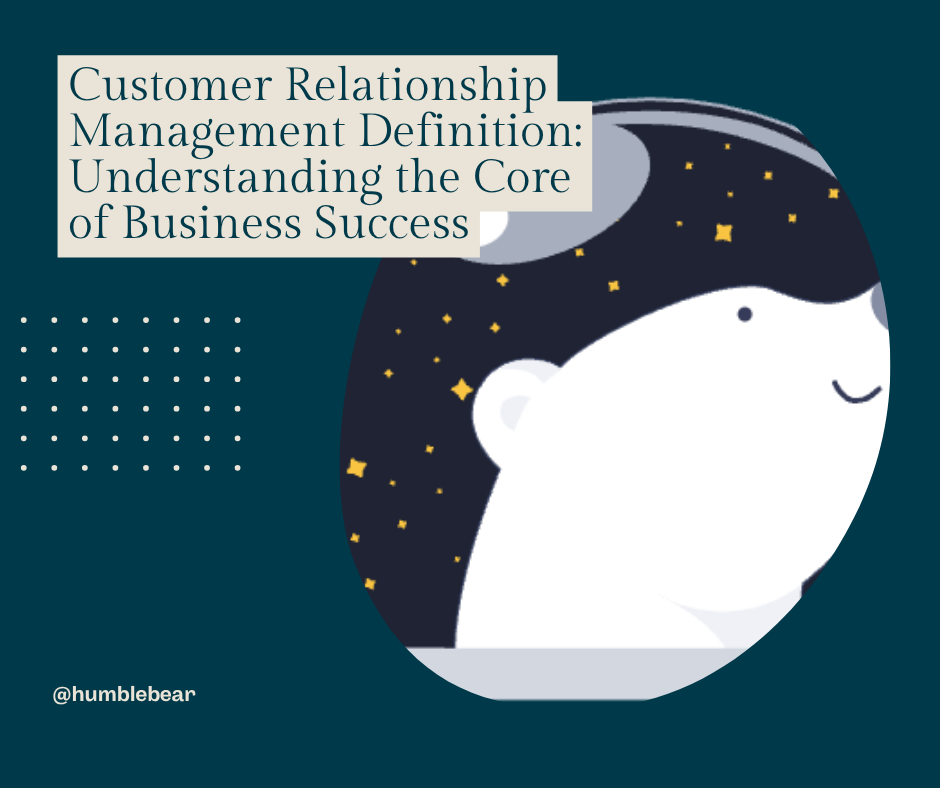Choosing the Best CRM for SME and Startups in Malaysia

Understanding CRM: A Brief Overview
Before delving into the functions, let’s review what Customer Relationship Management (CRM) involves. CRM is a strategy that assists organizations in managing interactions with current and potential customers. It streamlines processes, enhances customer service, and boosts sales. Now, let’s look at the top features and criteria to consider:
Key Online CRM Software for Small Business Features for SMEs and Startups in Malaysia:
a. Sales Pipelines and Forecasting
By analyzing historical data and current trends, forecasting tools can help businesses anticipate potential challenges and opportunities in the market. This allows teams to make informed decisions on where to focus their efforts and resources for maximum impact.
Additionally, forecasting tools can assist in setting realistic sales targets and goals, guiding teams towards achieving sustainable growth and success. With the ability to track performance against projections, businesses can continuously refine their strategies and improve their overall sales outcomes.
Ultimately, a good CRM systems empower organizations to optimize their sales processes, enhance customer relationships, and drive long-term profitability.
b. Invoicing and Payments
A good CRM software that offer a range of features to streamline your invoicing process. This includes tools for creating and sending invoices easily, tracking payments efficiently, and integrating smoothly with your accounting systems. By utilizing these features, you can save time and ensure that your financial tasks are managed effectively. It's essential to find a solution that not only meets your current needs but also has the flexibility to adapt as your business grows. Keep an eye out for user-friendly interfaces and comprehensive reporting capabilities to help you stay on top of your invoicing and financial management. With the right tools in place, you can optimize your workflow and focus on growing your business.
c. Contact Management
Good CRM software allows businesses to store and manage customer data efficiently. By having all relevant information in one place, such as contact details, purchase history, and preferences, companies can provide personalized services and streamline communication. This not only enhances customer experience but also enables organizations to make informed decisions based on data analysis. Overall, centralized contact databases play a crucial role in improving customer relationships and optimizing business operations.
In the best CRM system for small business, these features play a crucial role in tailoring experiences to individual users in , making them feel seen and valued. Segmentation allows for the categorization of users based on various criteria, enabling targeted communication that resonates with their specific needs and preferences. Tagging helps to further personalize interactions by highlighting key information about users, such as their interests or purchase history. Notes provide a way to record important details about users, ensuring that future interactions are informed and meaningful. Altogether, these tools empower businesses to create engaging and relevant experiences that foster stronger connections with their audience.
d. Lead Management
By providing automated follow-ups, personalized communication, and detailed analytics, efficient lead management tools empower businesses to build stronger relationships with their prospects. These tools help in guiding leads through the sales funnel, ensuring that no opportunity is missed along the way. By leveraging such tools, businesses can enhance their conversion rates and ultimately drive more revenue.
Additional Considerations in Choosing Customer Relationship Management Software :
a. Industry-Specific Customization
When selecting a CRM system for your business, it's crucial to choose one that can be tailored to meet the specific requirements of your industry. By opting for a CRM that can adapt to the unique characteristics and challenges of your sector, you can ensure that your customer relationship management processes are not only efficient but also effective. A flexible CRM solution will enable you to customize features, workflows, and data fields to align with the intricacies of your industry, ultimately helping you to better serve your customers and drive business growth. Remember, the more tailored your CRM is to your industry, the more value it can bring to your organization.
By harnessing the power of customizable fields and workflows, businesses can adapt their systems to align perfectly with their unique processes and requirements. This level of flexibility enables organizations to streamline operations, enhance efficiency, and ultimately drive success. Whether it's adjusting data fields to capture specific information or designing workflows to mirror intricate business procedures, customization empowers businesses to optimize their operations and achieve their objectives with precision.
b. Scalability
One key aspect to consider when implementing a CRM system is its ability to scale seamlessly alongside your business growth. As your company expands, it is crucial that your CRM platform can accommodate the increasing volume of data, contacts, and interactions without compromising performance. A scalable CRM system not only supports your current operations but also offers the flexibility to adapt to future needs and requirements. By choosing a CRM solution that can grow with your business, you can ensure long-term success and efficiency in managing customer relationships.
When planning for the expansion of your platform, it is essential to consider future growth and scalability. Ensuring that your system can accommodate an increasing number of users without causing disruptions is key to providing a seamless user experience. By implementing scalable infrastructure and robust systems, you can proactively prepare for growth and adapt to changing demands. Embracing scalability will not only future-proof your platform but also enhance its performance and reliability, ultimately leading to a more successful and sustainable user experience.
c. User-Friendliness
With a user-friendly interface, your team will be able to quickly adapt and make the most of the new system or software. By streamlining processes and simplifying tasks, a user-friendly interface can enhance productivity and efficiency. It also reduces the learning curve, making it easier for team members to navigate and utilize the tools effectively. Ultimately, investing in a user-friendly interface can lead to improved workflow, increased satisfaction among team members, and better overall performance.
Providing employees with adequate training resources and support is essential for the successful implementation of any new processes or systems within an organization. Training helps employees understand their roles and responsibilities, learn new skills, and adapt to changes effectively. Moreover, ongoing support ensures that employees have the assistance they need to overcome any challenges they may encounter during the implementation phase. By investing in training resources and support, organizations can enhance employee performance, boost morale, and ultimately achieve their goals more smoothly.
d. Analytics and Reporting
They allow organizations to gather, analyze, and interpret data to make informed choices and strategies. Robust reporting capabilities provide valuable insights into various aspects of business operations, helping leaders understand trends, identify areas for improvement, and measure performance against goals. By leveraging data-driven decisions, companies can optimize processes, enhance efficiency, and ultimately drive success in today's competitive landscape.
By leveraging CRM systems that provide insights into sales performance, customer behavior, and emerging trends, businesses can gain a competitive edge in today's dynamic market. These systems can help organizations better understand their customers, anticipate their needs, and tailor their strategies accordingly. By analyzing data on sales metrics, customer interactions, and market trends, companies can make informed decisions that drive growth and foster long-lasting relationships with their customer base. In essence, investing in a robust CRM system can be a game-changer for businesses looking to stay ahead of the curve and deliver exceptional customer experiences.
Conclusion
Choosing the right CRM system is crucial for Malaysian SMEs and startups. Evaluate your business requirements, budget, and scalability needs. Consider industry-specific features and user-friendliness. With the appropriate CRM, you can establish enduring customer relationships and drive growth in the digital realm.
Remember, a well-implemented CRM system is an investment that yields enhanced efficiency, customer satisfaction, and revenue growth.











